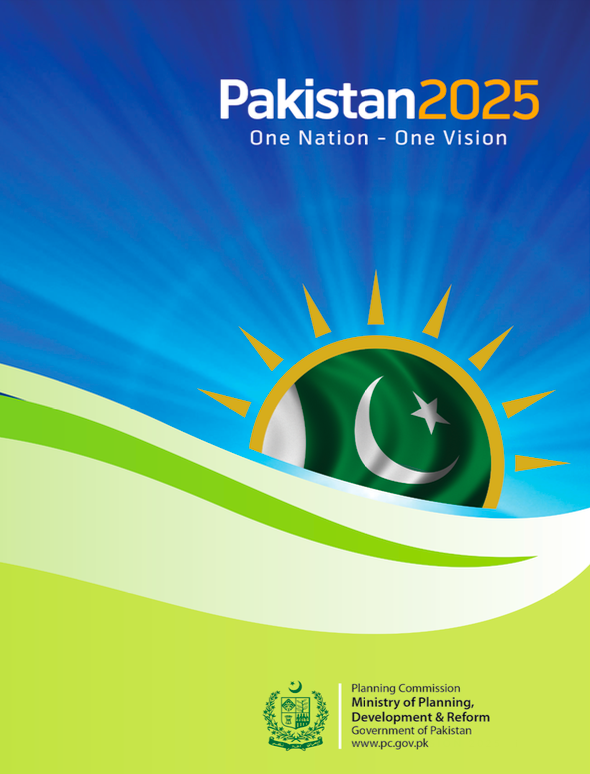A Bibliometric Analysis of Food–Energy–Water Nexus: Progress and Prospects
Food, energy and water are important basic resources that affect the sustainable development of a region. The influence of food–energy–water (FEW) nexus on sustainable development has quickly become a frontier topic since the Sustainable Development Goals (SDGs) were put forward. However, the overall context and core issues of the FEW nexus contributions to SDGs are still unclear.



